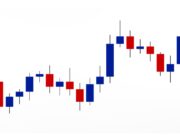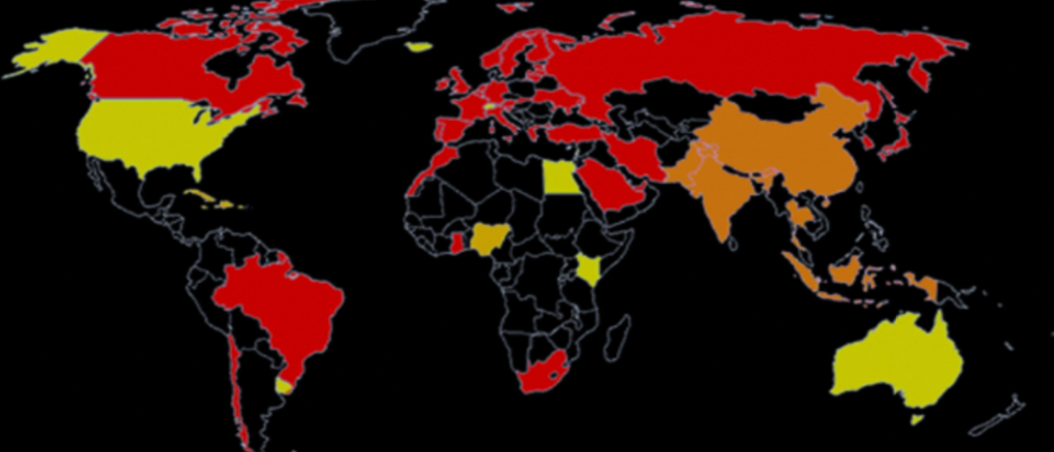The right stocks can make you rich and change your life.
The wrong stocks, though… They can do a whole lot more than just “underperform.” If only! They can eviscerate your wealth, bleeding out your hard-won profits.
They’re pure portfolio poison.
Surprisingly, not many investors want to talk about this. You certainly don’t hear about the danger in the mainstream media – until it’s too late.
That’s not to suggest they’re obscure companies – some of the “toxic stocks” I’m going to name for you are in fact regularly in the headlines for other reasons, often in glowing terms.
I’m going to run down the list and give you the chance to learn the names of three companies I think everyone should own instead.
But first, if you own any or all of these “toxic stocks,” sell them today…
Ascent Solar Technologies (ASTI)
The photovoltaic specialist obviously carries significant implications for the solar energy industry. With society gravitating toward clean and renewable energy solutions, ASTI should be enjoying extraordinary relevance. Unfortunately, its narrative hasn’t been so fortunate. Year to date, ASTI share price is down 91%. In the trailing year, it’s down almost 96%. Glaringly, its three-year revenue growth rate sits at 90.3% below parity. Profit margins have slipped to ridiculously negative rates while the balance sheet is a mess. Gurufocus.com warns that Ascent solar is a possible value trap.
[stock_market_widget type=”accordion” template=”extended” color=”#5679FF” assets=”ASTI” start_expanded=”true” display_currency_symbol=”true” api=”yf”]
Lemonade (LMND)
Thus far, the self-proclaimed insurance industry disruptor has gained a healthy following. But in all of the enthusiasm surrounding its AI-based underwriting technology, investors may be turning a blind eye to its laundry list of flaws.
In 2022 generated a 116% increase in premiums. By contrast, the company expects just 12% year-over-year growth in 2023. Aside from the dramatic slow-down in overall business, the company is bleeding cash, posting an adjusted EBITDA loss of $225 million last year. This year’s EBITDA loss is expected to come in around $242 million.
[stock_market_widget type=”accordion” template=”extended” color=”#5679FF” assets=”LMND” start_expanded=”true” display_currency_symbol=”true” api=”yf”]
Big Lots (BIG)
Shares in the big box retailer may be down by nearly 65% over the past 12 months. Some investors are still being tempted by its 10.82% dividend yield. However, with the company reporting a net loss of $7.30 per share, and expected to stay in the red through 2024, it’s highly questionable whether BIG’s high rate of payout will continue for long.
[stock_market_widget type=”accordion” template=”extended” color=”#5679FF” assets=”BIG” start_expanded=”true” display_currency_symbol=”true” api=”yf”]







